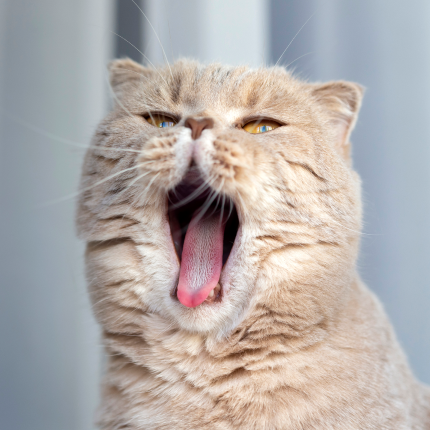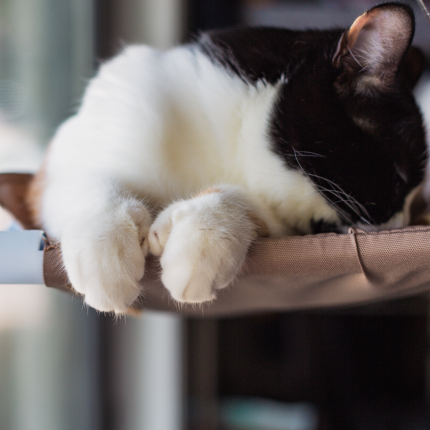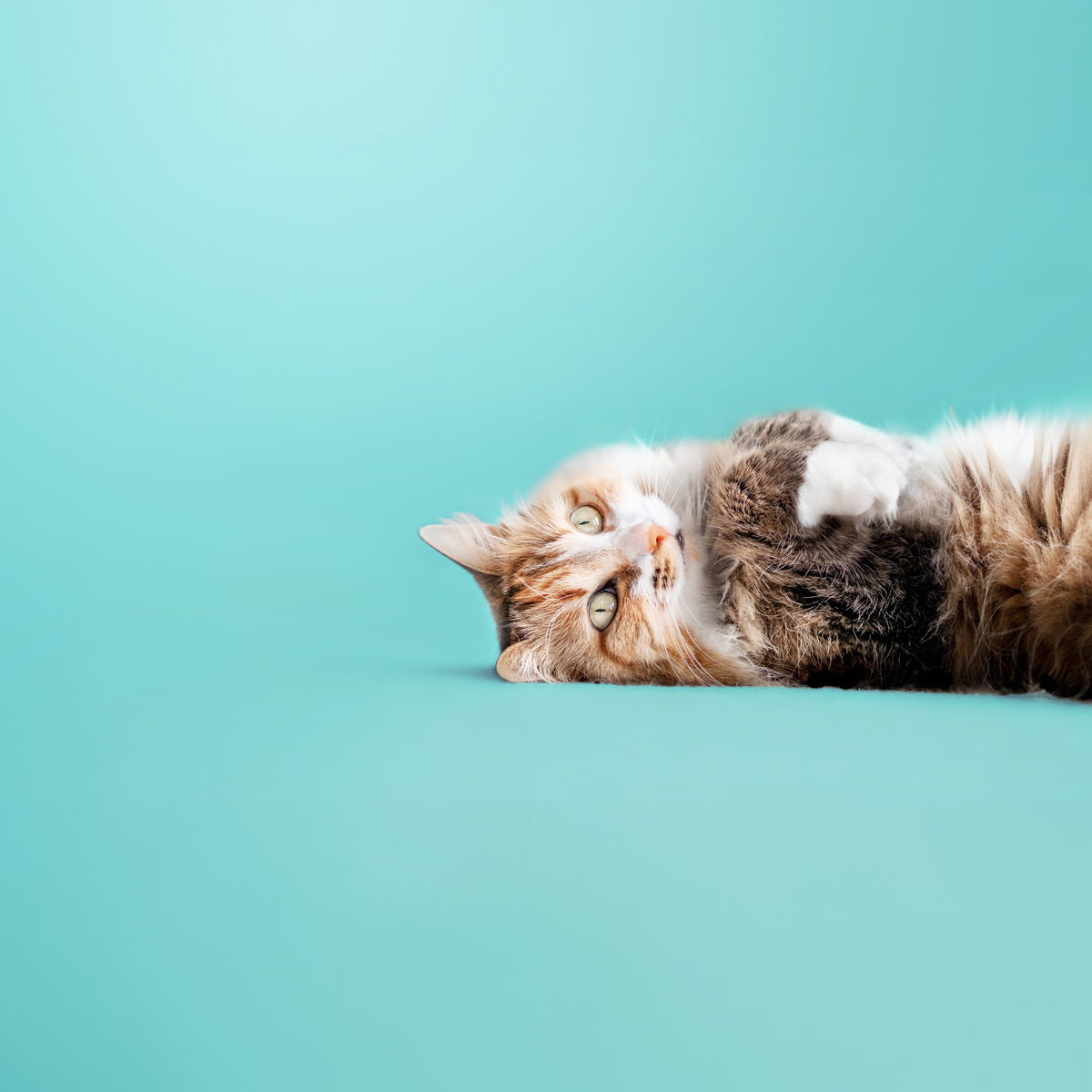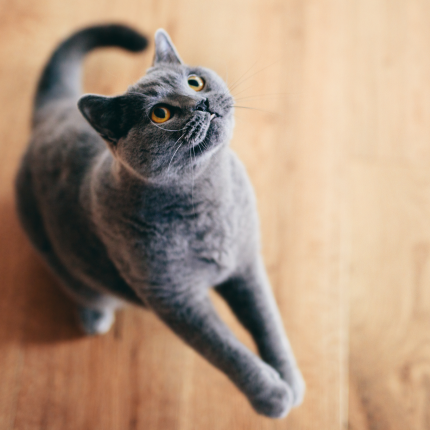Can Cats Breathe Through Their Mouths?

If you’ve ever noticed your cat breathing through her mouth, you might have wondered if it’s normal or a cause for concern. Cats typically breathe through their noses, but there are instances when they may resort to mouth breathing. Let’s explore this topic to understand when and why cats breathe through their mouths.
Normal Breathing in Cats
Under normal circumstances, cats breathe quietly and smoothly through their noses. You may have observed their chest and belly gently rising and falling as they inhale oxygen. This quiet breathing pattern indicates that everything functions as it should in the respiratory system.
When Is It Concerning?
While cats can breathe through their mouths, it’s not typical and may indicate an underlying issue. If you notice your cat panting or breathing heavily with her mouth open, it’s essential to investigate further. Here are some potential reasons why your cat may be breathing through her mouth:
- Respiratory Conditions: Cats can develop respiratory conditions such as asthma, making breathing difficult. Asthmatic cats may pant or breathe through their mouths to compensate for restricted airflow.
- Heatstroke: Cats may pant to regulate their body temperature and cool down in hot environments. Heatstroke can be dangerous for cats and may require immediate medical attention.
- Upper Respiratory Infections (URIs): URIs can cause congestion and difficulty breathing in cats. Mouth breathing may indicate nasal congestion or inflammation in the upper airways.
- Allergies: Cats can have allergic reactions to various substances, leading to nasal congestion or throat irritation. Mouth breathing may occur as a result of allergic responses.
- Stress or Anxiety: Cats may pant or breathe through their mouths when they’re stressed or anxious. This behavior is often accompanied by other signs of stress, such as hiding or aggressive behavior.
- Physical Exertion: Cats may pant briefly after vigorous exercise or play to catch their breath. While this is normal, persistent or excessive panting may indicate an underlying issue.
- Age-Related Changes: Older cats may experience changes in their respiratory function, leading to mouth breathing or difficulty breathing. Age-related conditions such as heart disease or lung tumors can contribute to breathing difficulties.
When to Seek Veterinary Care
If you notice your cat breathing through her mouth, especially if it’s accompanied by other concerning symptoms such as coughing, wheezing, or lethargy, it’s essential to consult a veterinarian. Your vet can thoroughly examine the underlying cause of your cat’s breathing difficulties and recommend appropriate treatment.
While cats can breathe through their mouths, it’s not typical behavior and may indicate an underlying health issue. Understanding the potential reasons for mouth breathing in cats can help pet owners recognize signs of respiratory distress and seek prompt veterinary care. By monitoring your cat’s breathing and seeking veterinary attention when needed, you can help ensure your feline friend stays healthy and happy.

Featured Articles

Polydactyl Cats: Just More Beans to Love
Polydactyl cats have become extremely popular in recent times. As a result, more and more people are interested in learning more about this six-toed cat and want to get one of their own. If you are a cat lover intrigued by polydactyl cats, you have come to the right place….

Why Do Cats Roll Over Into Their Backs But Not Let You Touch Their Bellies?
It’s common knowledge dogs love to have their tummies rubbed when they freely lay down before you and roll onto their backs. But, if you’re also familiar with cats, you know that when they roll onto their backs with their bellies exposed, rubbing the belly will most likely result in…

Greebles and Cats: The Origin and the Meaning
You may have seen an internet sensation concerning cats labeled “greebles.” Feel out of the loop? We’re here to help you. In 2019, Reddit user /user/literallyatree commented on a Reddit post about a cat that looks like it’s trying to slap a ghost. This user commented: “My family calls things…